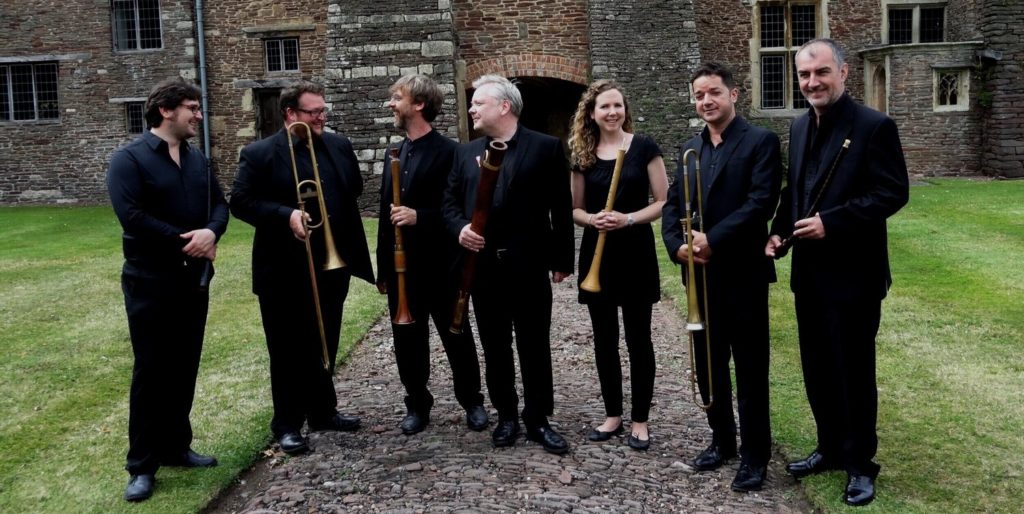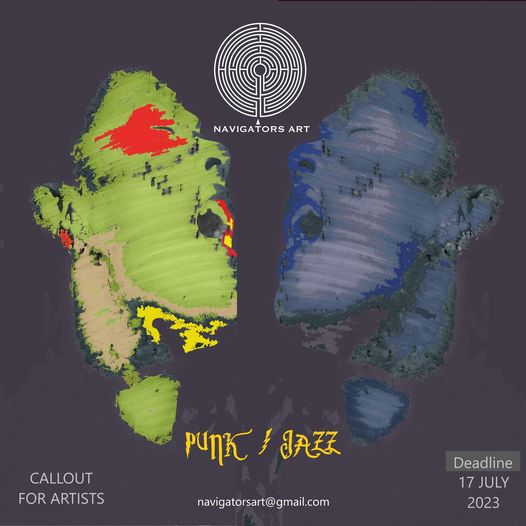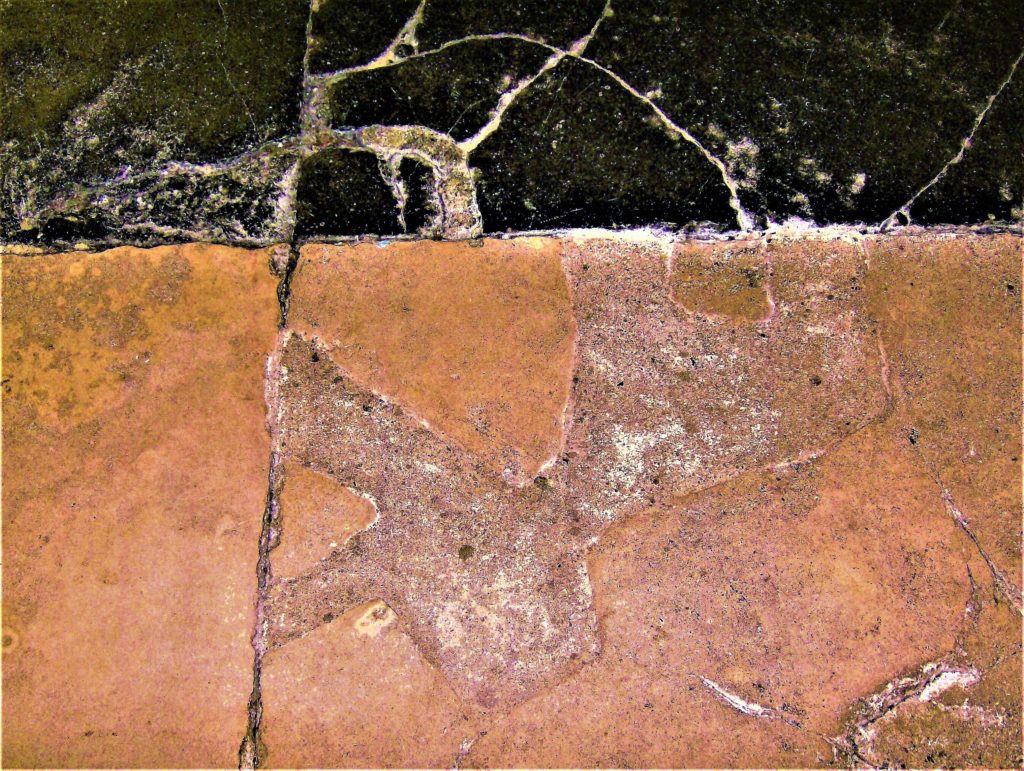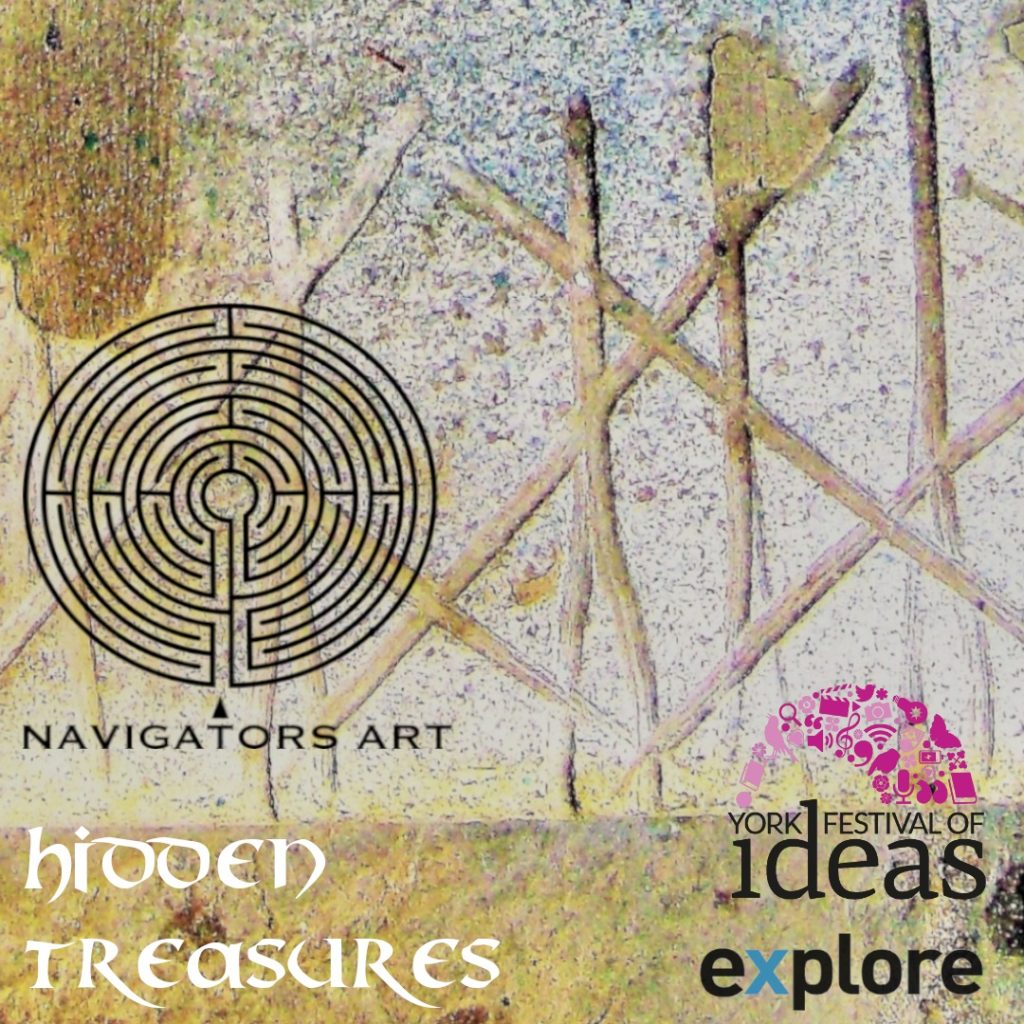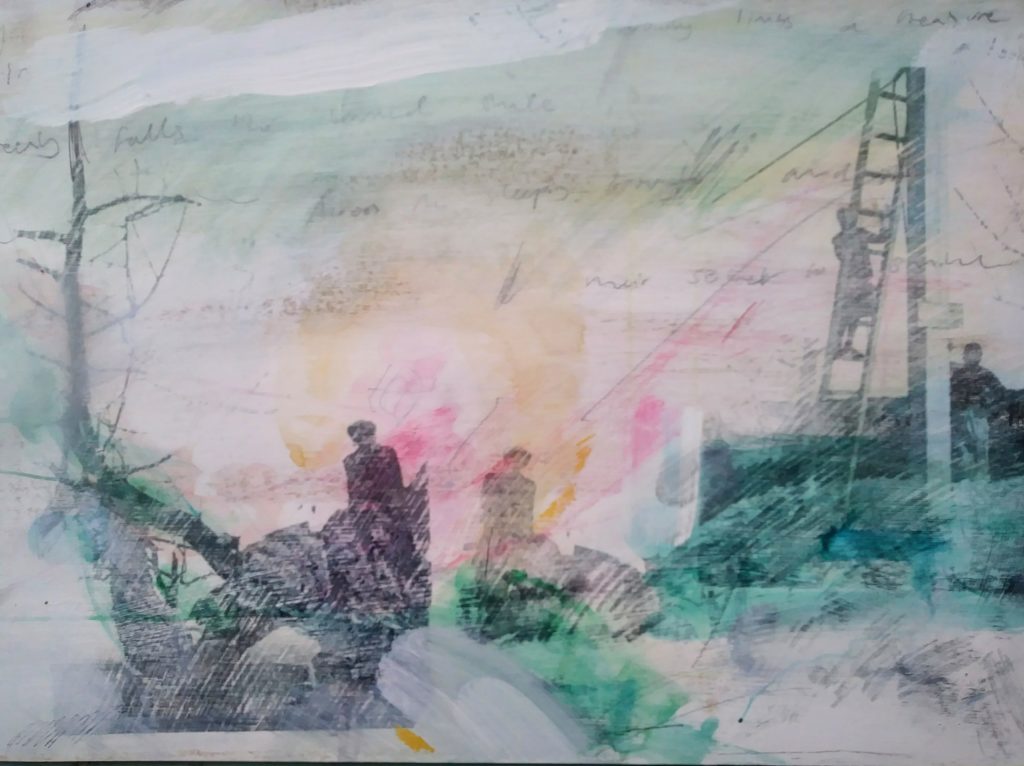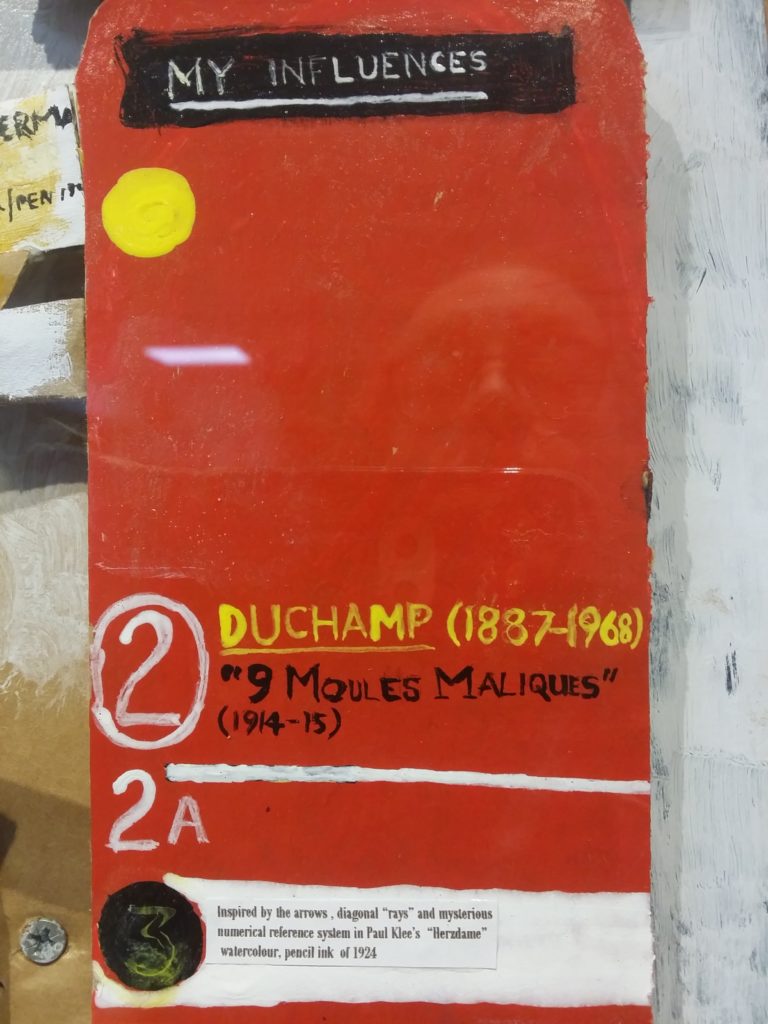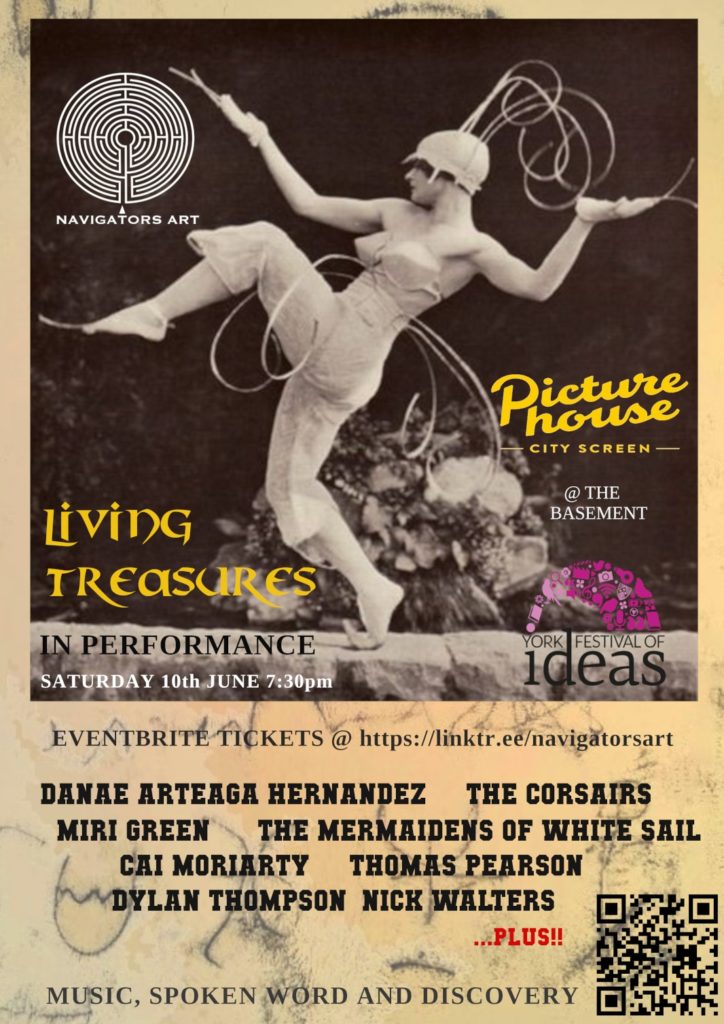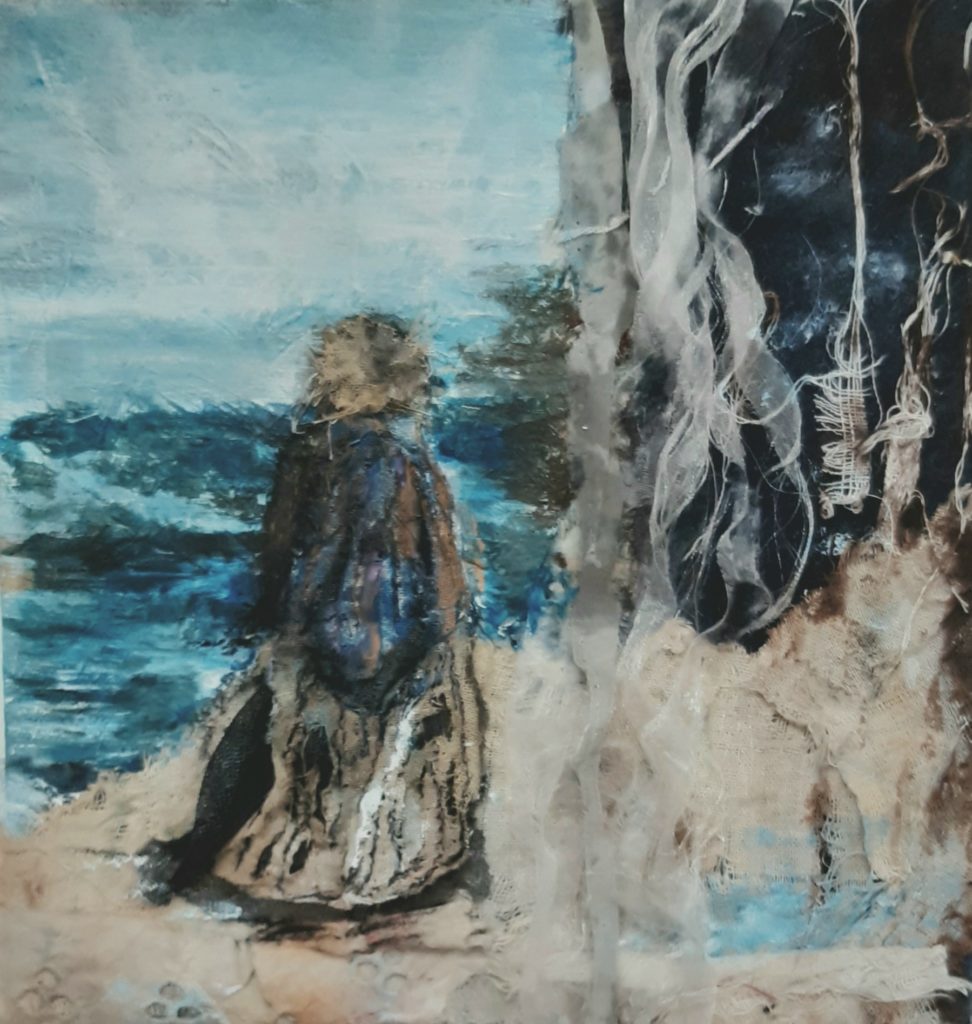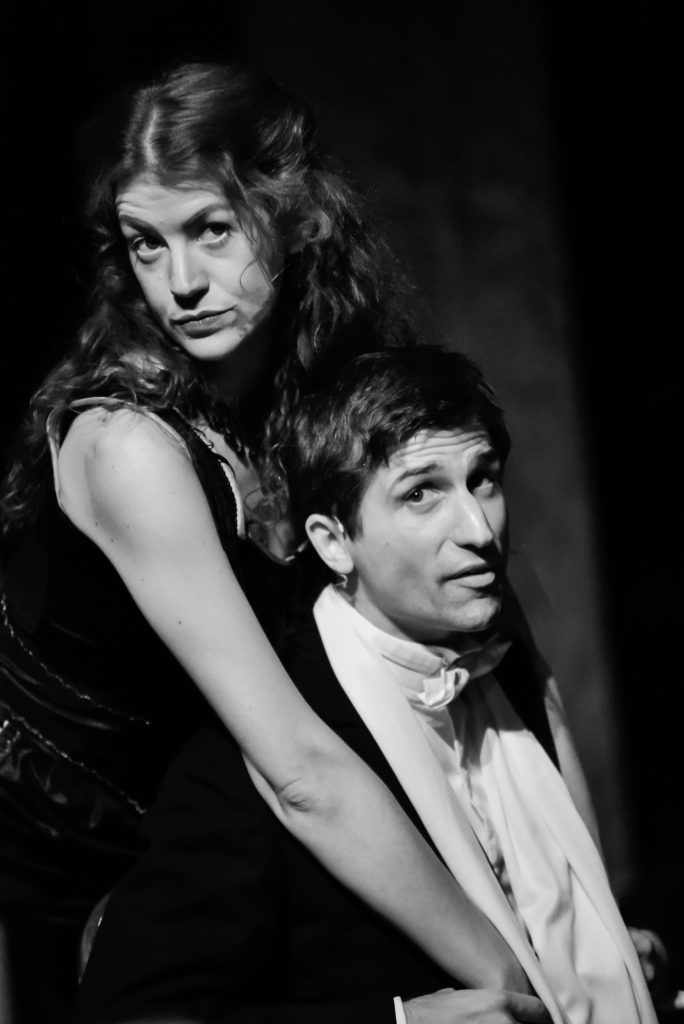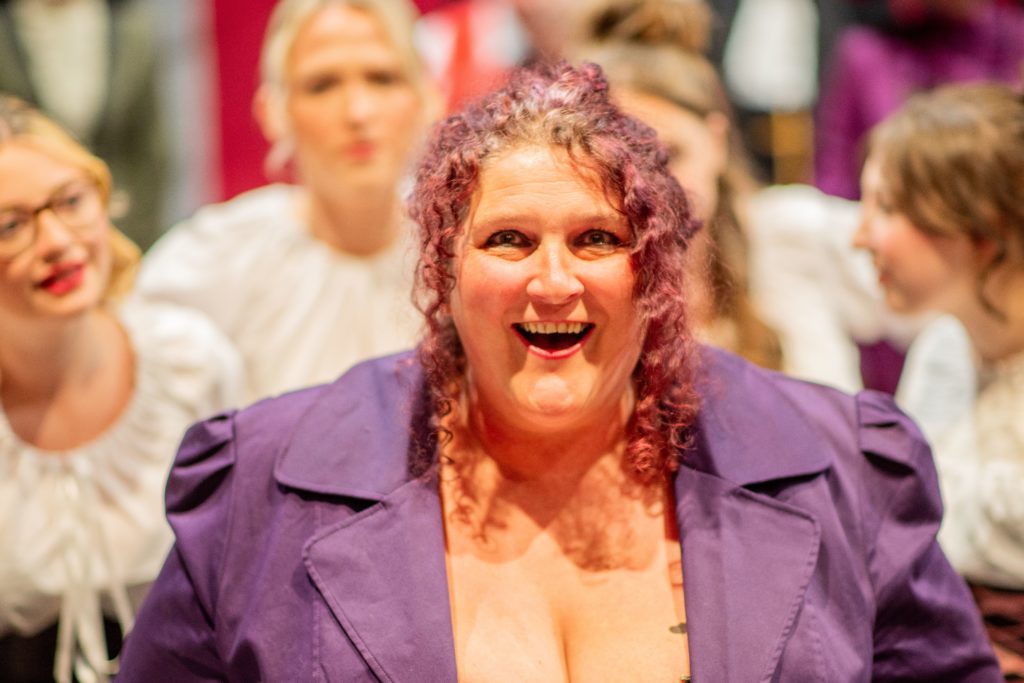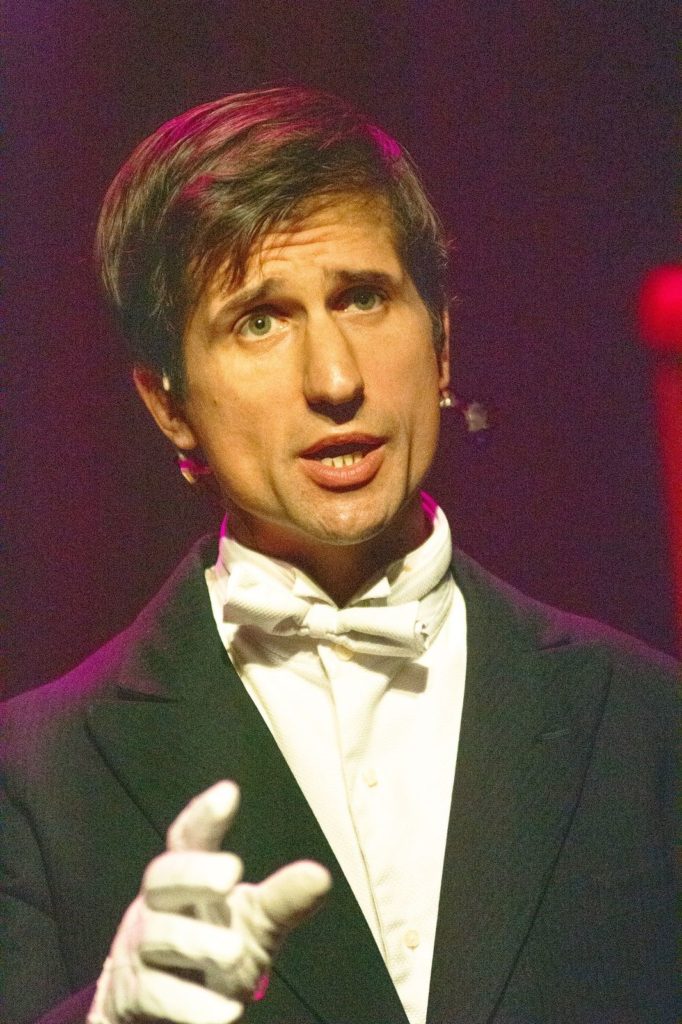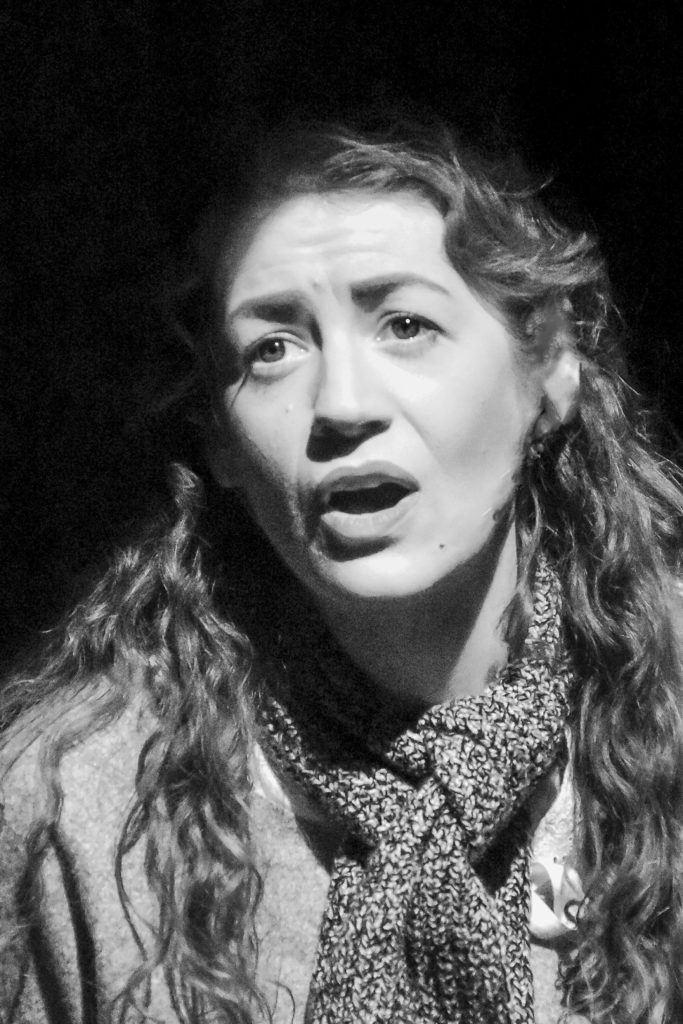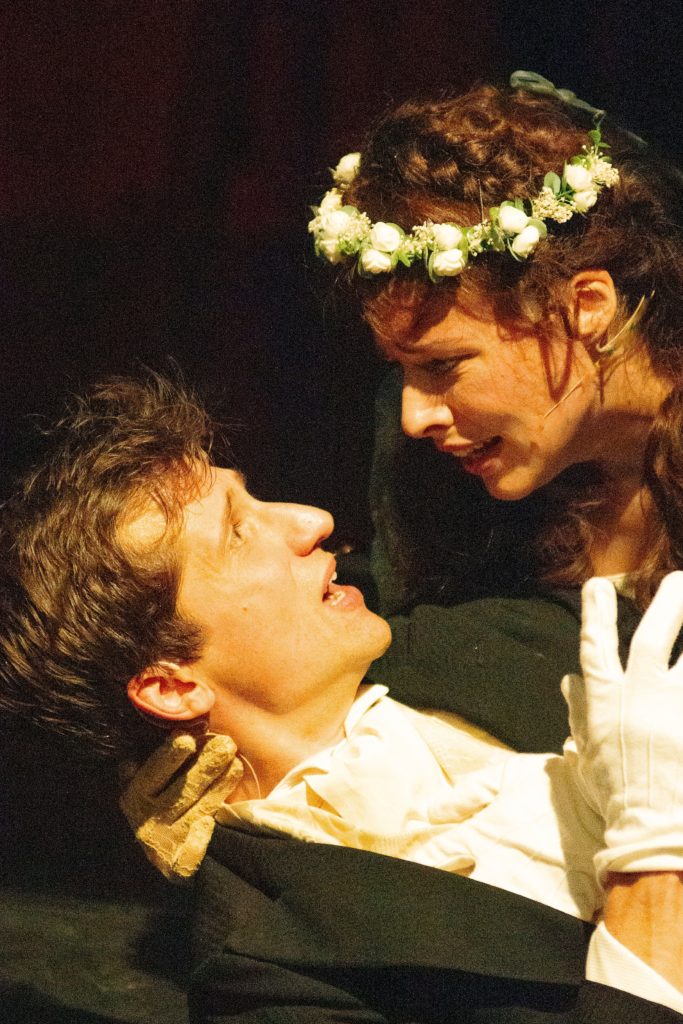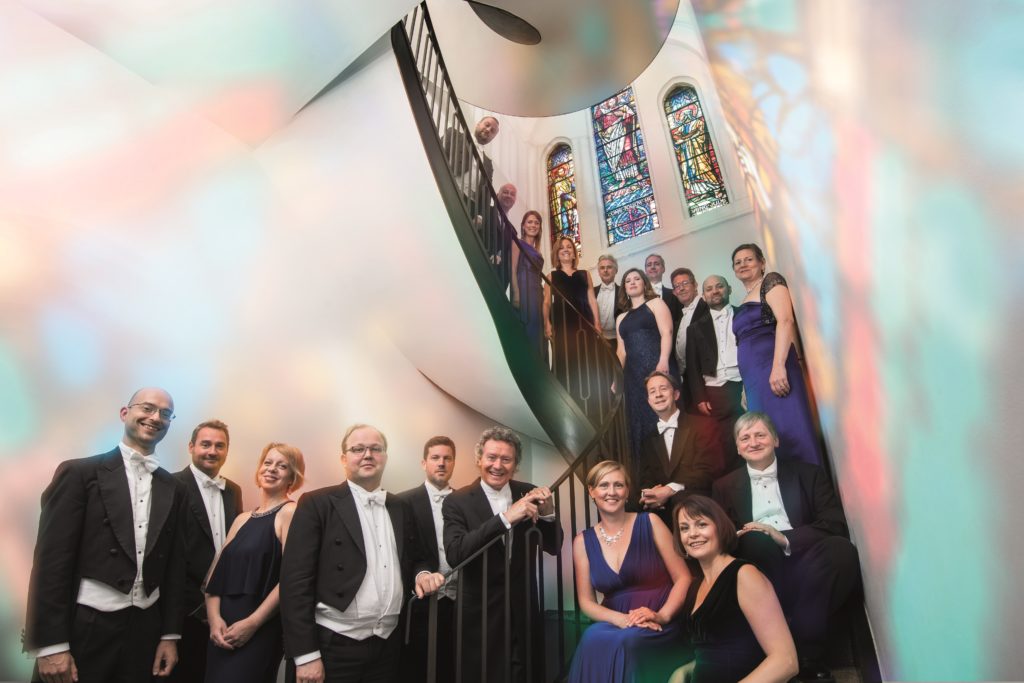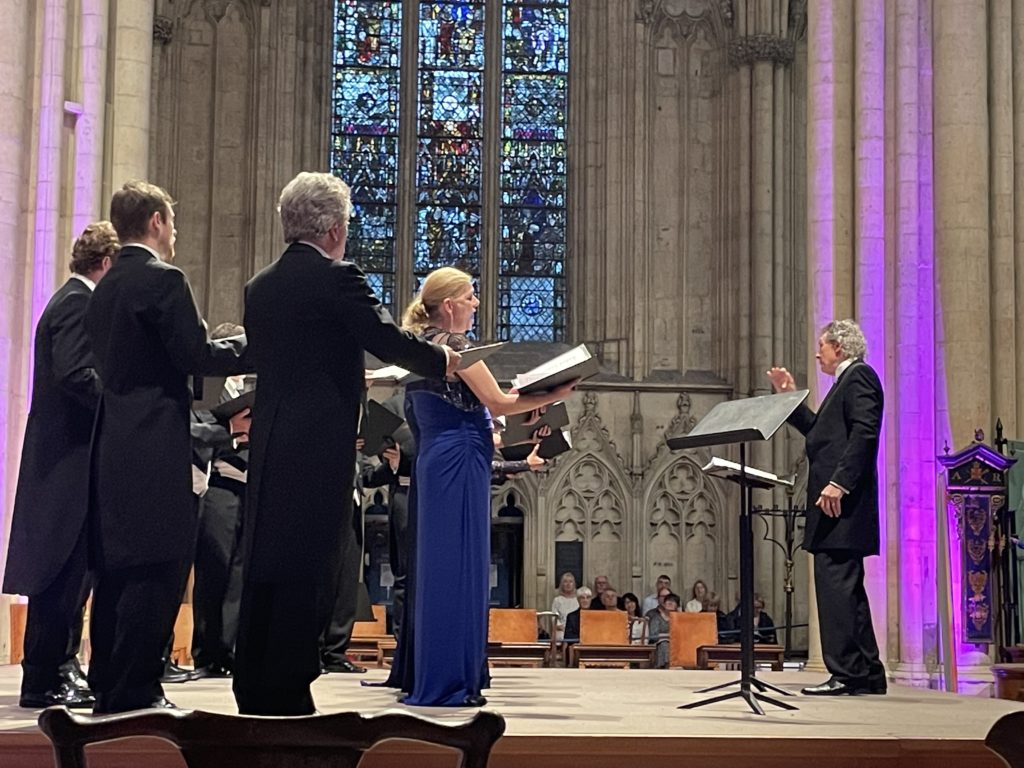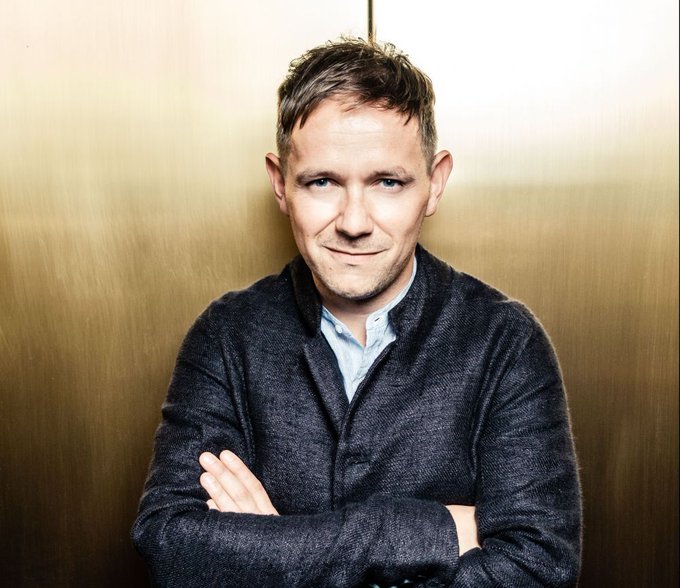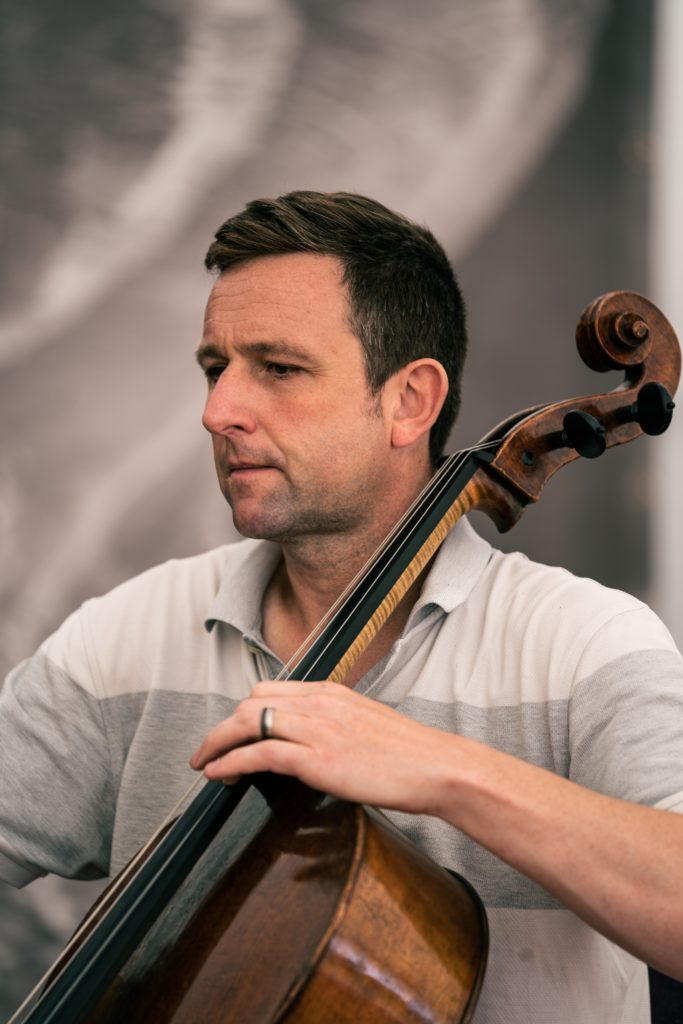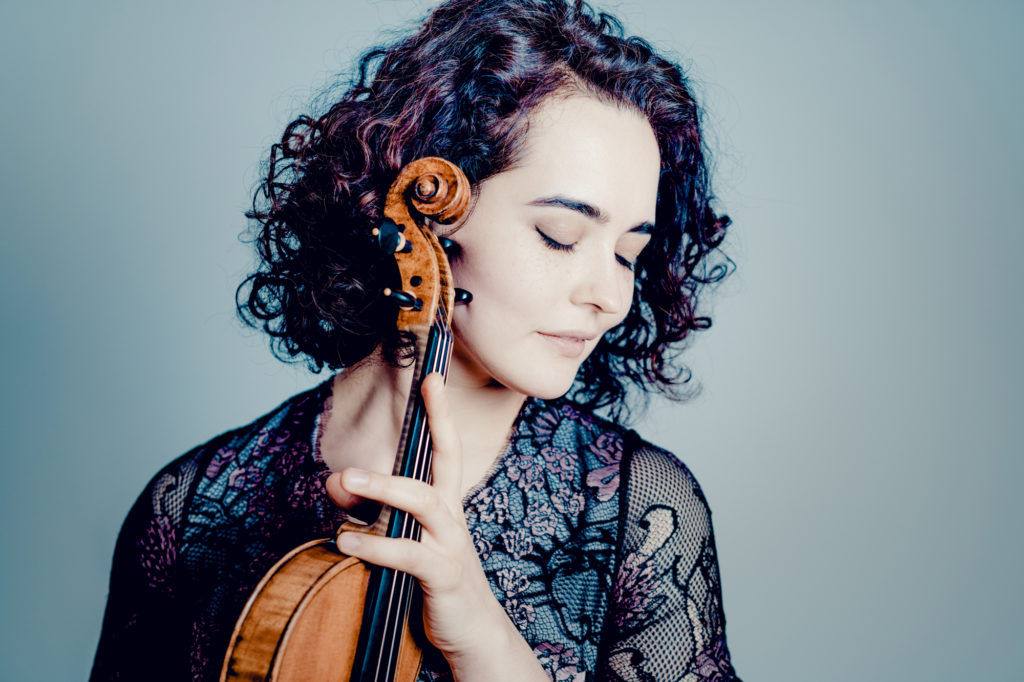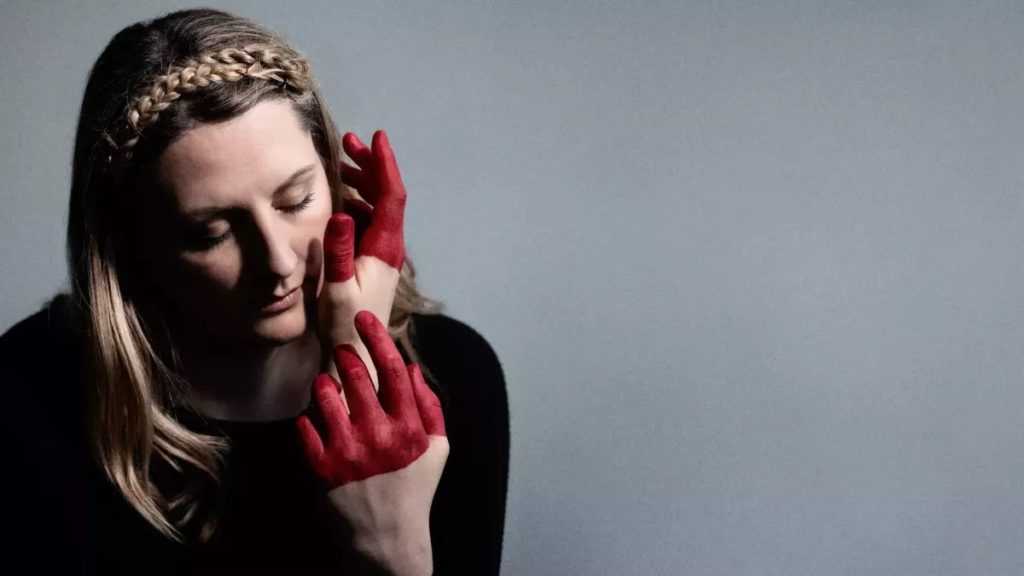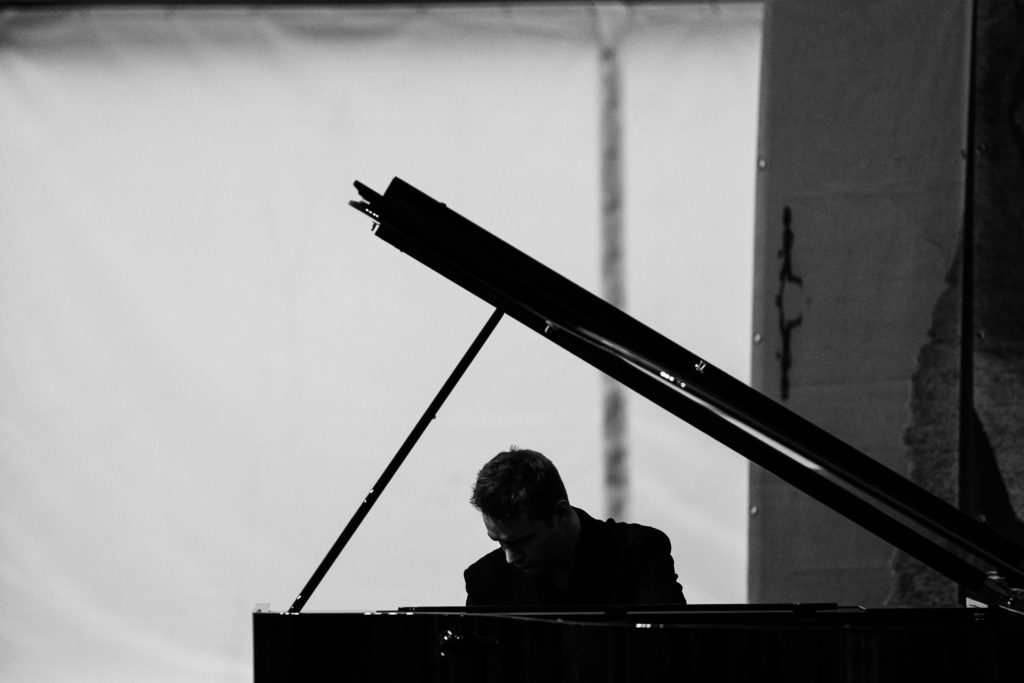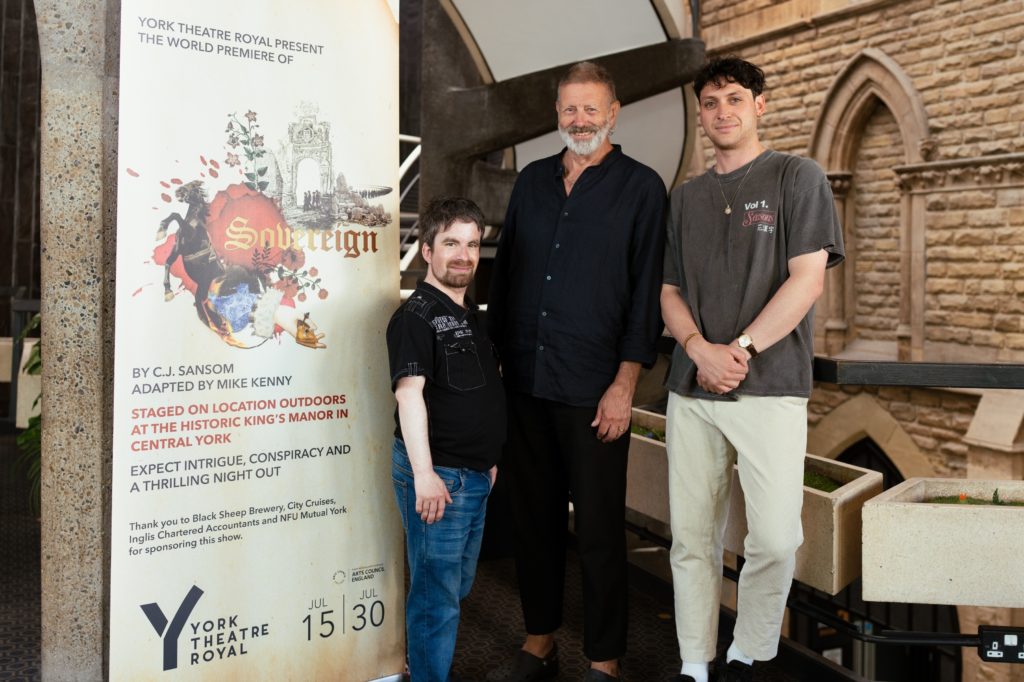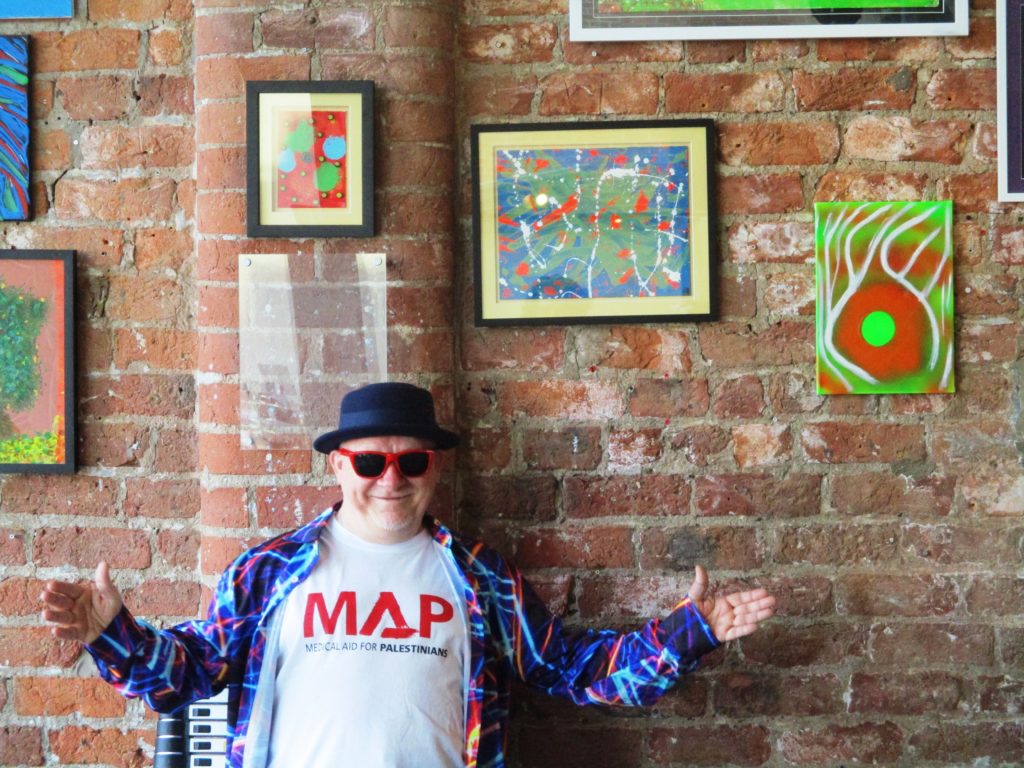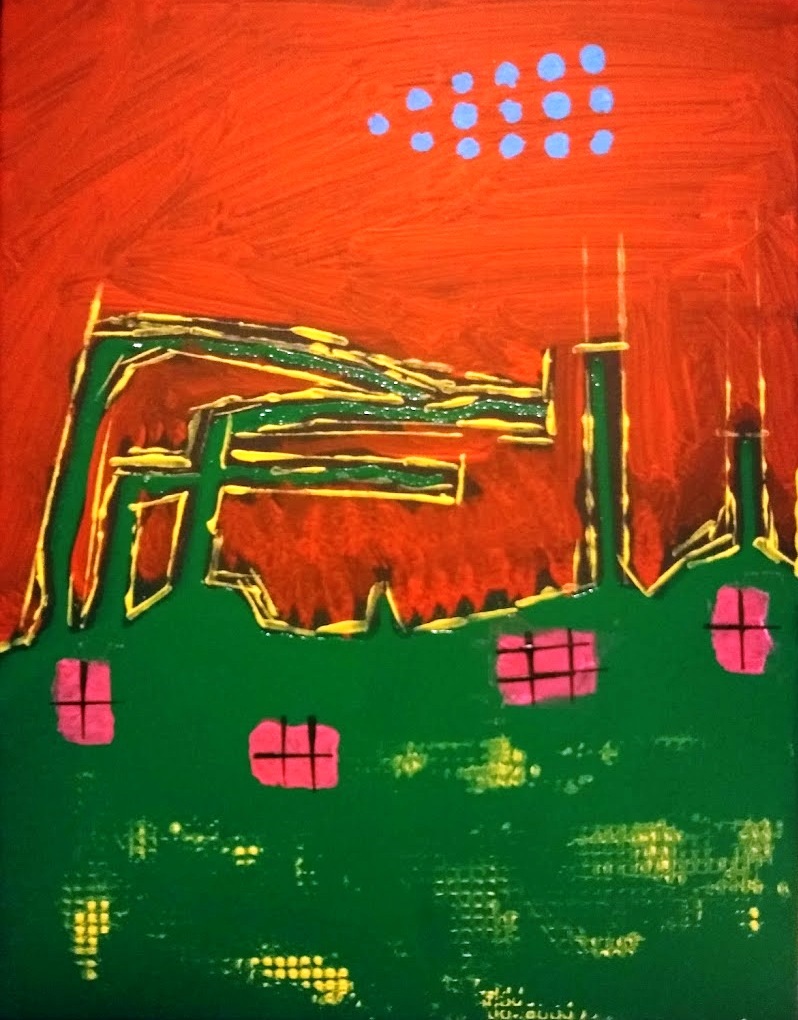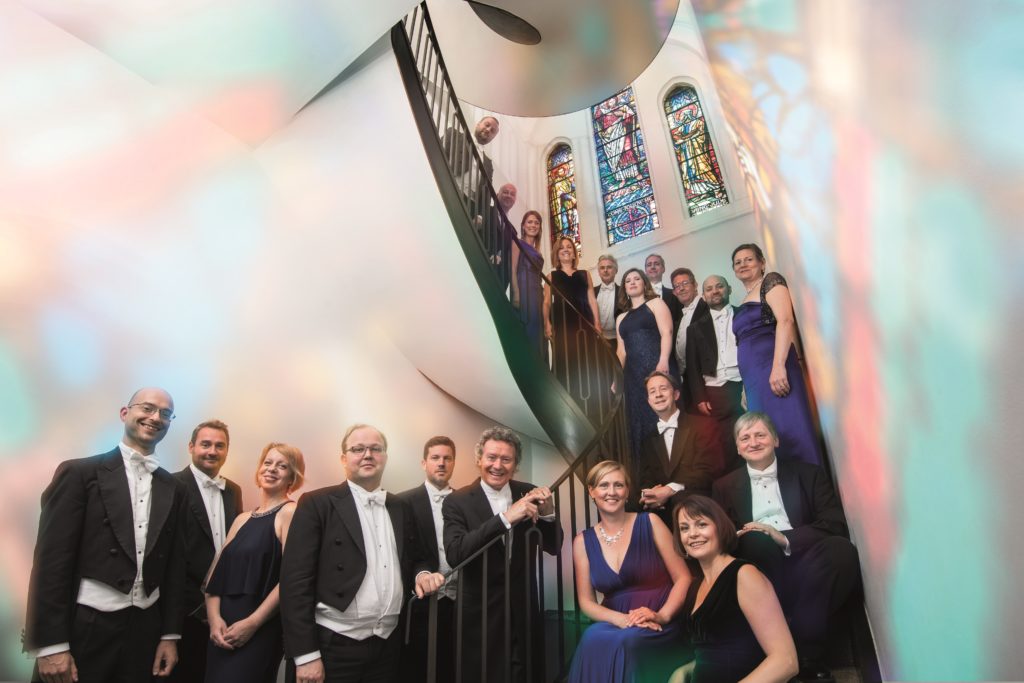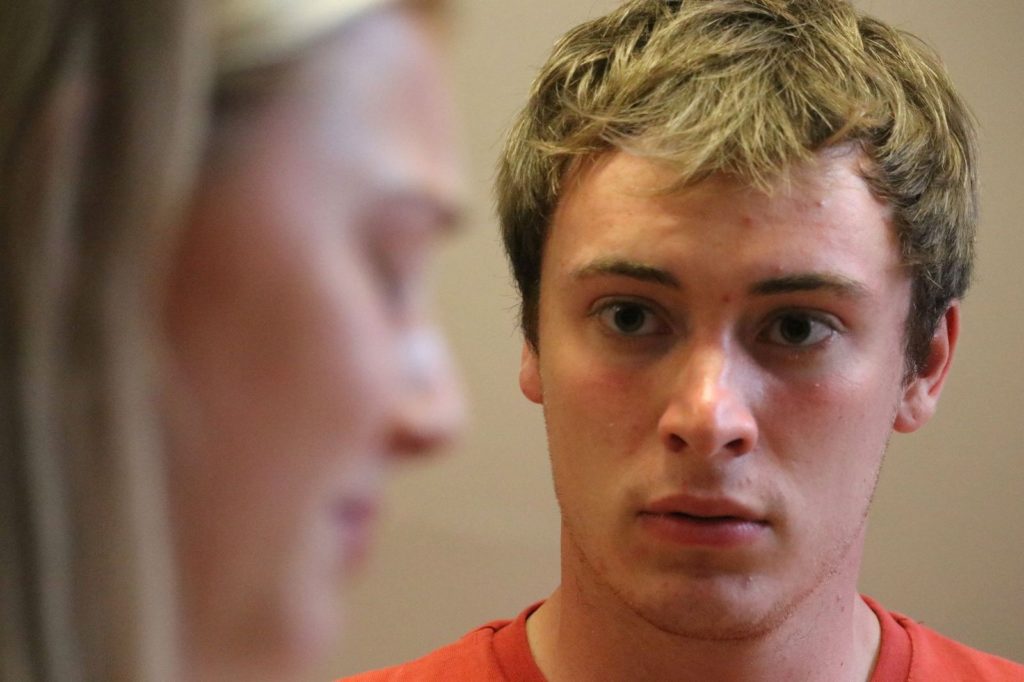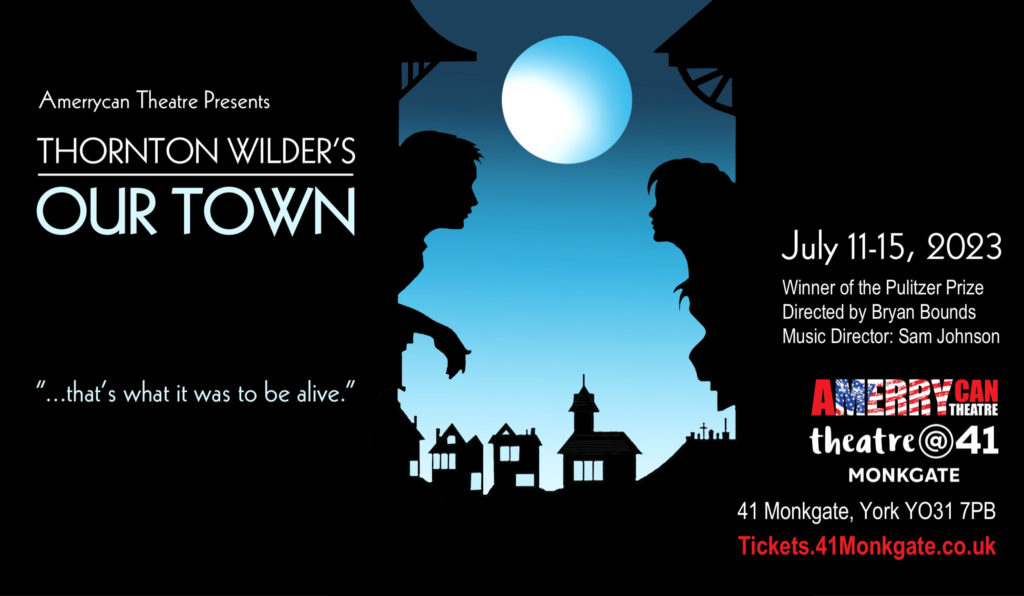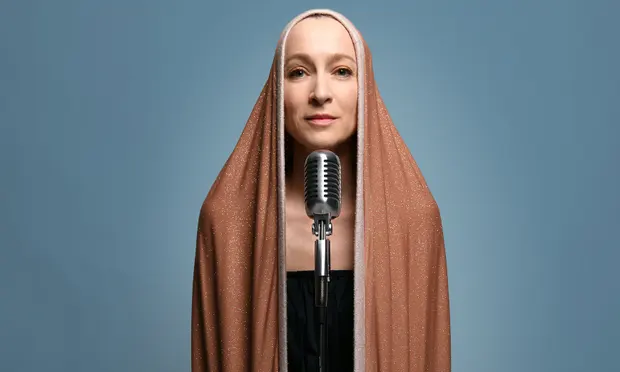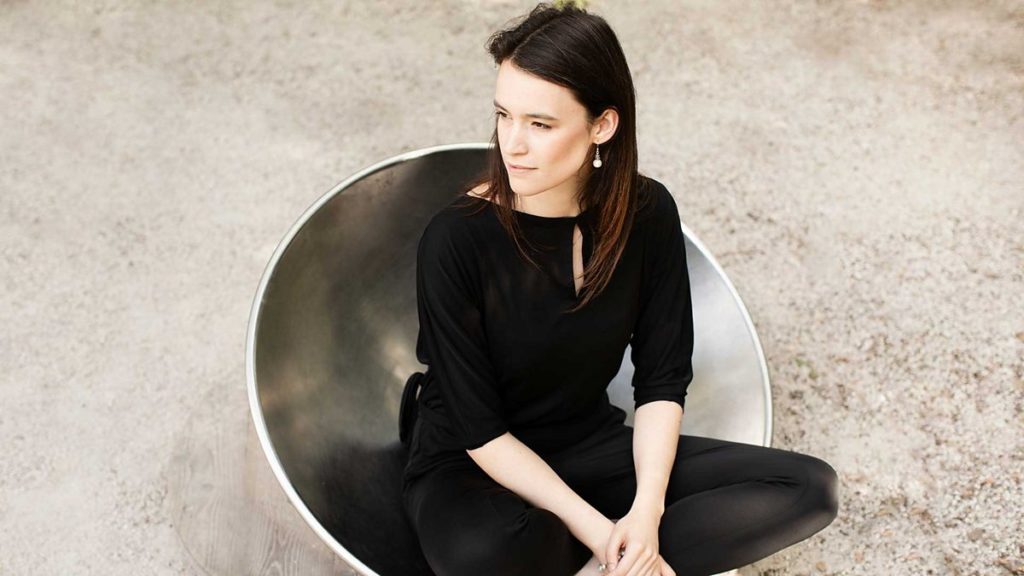
York Early Music Festival: Yorkshire Baroque Soloists & Rose Consort of Viols, Body And Soul, St Lawrence Church, York, July 11
THIS was excellent. Real refinement and clarity was the order of the day, both in texture and line. The balance was impeccable, the instrumental playing was crisp, articulate, and the singers a joy.
They seemed at ease as soloists, in ensemble engagement and comfortable too in their own vocal range: this was particularly true of Helen Charlston. Not that she was the pick of an excellent quintet, but I haven’t heard an alto voice so clear in both quality and volume in the lower range. The church acoustic was excellent, and it behaved itself too.
However, my role isn’t just to soak the performance with appreciation and blessings but to review it, so here we go.
The concert was descriptively labelled Body And Soul, which was particularly appropriate for the first-half performance of Buxtehude’s vocal masterpiece, Membra Jesu Nostri Patientis Sanctissima. The work is a set of seven short, beautifully crafted cantatas for Holy Week. The text is a medieval hymn cycle in which the author looks in wonder at the body of the crucified Christ.
We experience the mystical contemplations of different parts of his body: the feet in the first cantata, to the knees, hands, side and breast, and the heart to the face. Quite extraordinary.
Buxtehude’s music has a gentle, austere beauty to it, and this was enhanced by the economy of performers: five soloists, six instrumentalists, including Peter Seymour on organ, plus the Rose Consort of Viols.
The soloists teased out every nuance of the text. They lingered deliciously on every expressive dissonance and suspension, while the players added warmth, colour, as well as crisp commentary.
There was a gorgeously intense, yet poignant concerto Quid Sunt Plagae Istae. Maybe it was just me, but I thought the dramatic percussive opening of this third cantata suggestive of the nails being hammered into Christ’s hands. Perhaps not.
The dramatic focal centre of the work was the fourth movement Ad Cor. The Vulnerasti Cor Meum had a tortured intimacy, the singers embracing the honesty and humanity of the text. The precision in the agitated off-beat accents of the concluding Amen worked well.
Nevertheless, in the concluding four movements of Ad Faciem there is a relaxing of the tension, a meditative closure.
The performance captured a fascinating subtle layer of creative tension between the Catholic mysticism of the text and Buxtehude’s Lutheran faith. Maybe. We don’t seem to dwell on the sufferings of the crucified Christ but celebrate the “graces that flow from that suffering”, its humanity.
In short, the performance was both radiant and illuminating. A triumph for Peter Seymour, who must have been delighted.
Two little grumbles. Firstly, although it did have the intended dramatic effect, change of colour and so forth, the introduction of the excellent Rose Consort of Viols did temporarily break the spell. But then again, I wasn’t ready or expecting the changing of the guard.
Secondly, although I invariably find (composer and) performer biographies tedious essays in vanity, I would have expected some biographical acknowledgement of these superb performers in the programme: sopranos Bethany Seymour and Helen Neeves, alto Helen Charlston, tenor Jonathan Hanley and bass Frederick Long. Violins, Lucy Russell and Gabriella Jones; cello, Rachel Gray; violone, Rosie Moon; theorbo, Toby Carr and organ & director, Peter Seymour. Take a bow.
Finally, the concert was dedicated to the memory of Klaus Neumann, an important figure in the York Early Music Festival. Mr Seymour gave a touching tribute and kept the programme photo on the organ next to the Buxtehude score. It summed the evening up nicely.
P.S. Bach’s Jesu, Meine Freude was very good too.
Review by Steve Crowther

